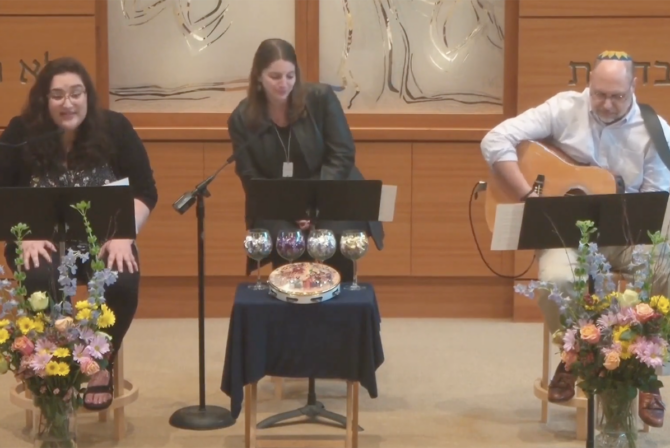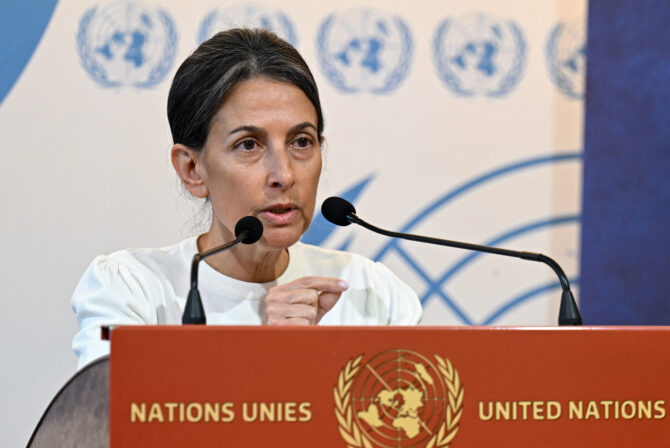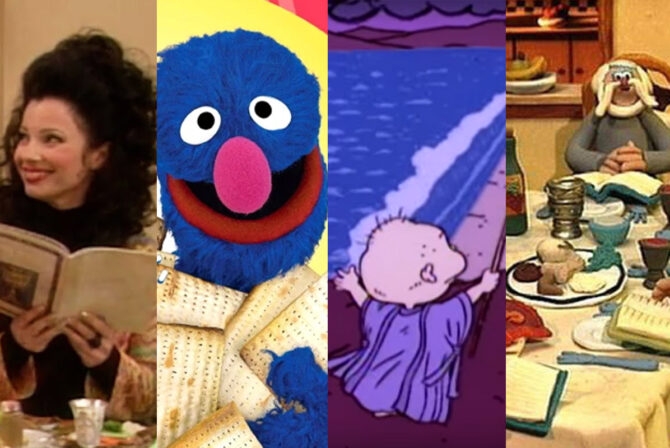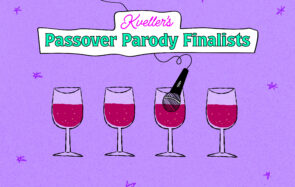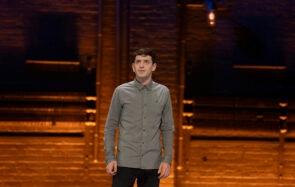And now the Kveller Rabbi weighs in on what is most likely the most contentious issue on the calendar: Can you do both? Can one family celebrate Christmas and Hanukkah?
It is not a neutral issue. People on both sides feel passionately. The question with which most families struggle, though, is not an interfaith one. It is an inter-cultural one. Or, as I have heard in some circles, an interfaithless one–because theological belief is not what is getting Kveller readers hot under the collar.
As Melissa Cohen herself points out in yesterday’s piece, The Interfaith Message Is Wrong, she doesn’t feel as though her family is an interfaith one. And technically, they are not. Melissa and her two oldest children converted to Judaism. They are, as she says, “an ‘interculture’ family.” Later in the piece, in fact, Melissa lists a number of cultural behaviors that are important to her family’s story.
And that is what is going on the majority of homes where holidays from two theologically-opposed faith traditions are celebrated. The cultural trappings are the focus of these celebrations rather than the theologies.
What do I mean?
A home where the birth of the Son of God, who is also considered to be the Messiah, is celebrated incongruous with the celebration of a religious minority’s right of self-determination–a religion that, by the way, staunchly rejects the notion of Divine incarnation as well as the belief that the Messiah has already arrived.
In other words, it does not make any sense. And here is where I would say that to attempt to rear children with two mutually exclusive theologies is wrong. One cannot simultaneously believe in the one God who remains beyond any physical limitations and one who once walked the earth and will return again at some future time.
A home decked with sparkling lights, wreaths, and holly, where a tree is trimmed with sentimental ornaments, standing next to the menorah that is lit before the family eats latkes and plays dreidels, is one that has incorporated the seasonal expressions that symbolize the winter holidays of the Christian and Jewish cultures.
That syncretism IS possible. It is not the choice that I would make–and on a visceral level, it is not one with which many are comfortable. But that does not make it impossible.
When Christmas is stripped of its religiosity, as so many non-Jews have done with their own holy day, it becomes much more difficult to see this issue as a clear-cut one. After all, the Christmas tree does find its roots in pagan rituals dating back to the ancient Babylonians. So too do the wreath and lights date back before the birth of the historical Jesus.
Like all religions, Judaism included, the reappropriation of earlier practices is a common occurrence. Take, for example, the ritual of the breaking of the glass at a Jewish wedding. There are many lovely and meaningful explanations given for why a glass is broken at the end of the wedding ceremony. However, the practice of making a loud noise at happy occasions in order to frighten away evil spirits who were believed to gather at such events and cause trouble predates all of them. No one would dare suggest, though, that the breaking of the glass isn’t a Jewish ritual.
So, too, with the Christmas tree and other “seasonal” items. Though pagan in origin, the evergreen tree has come to symbolize the eternality of Jesus. The wreath represents the crown of thorns that was worn by Jesus. Even the holly berries escape the syncretism as they now stand for the rivulets of blood. What once was pagan, is now, for countless Christians, meaningful expressions of faith.
For many, nevertheless, the tree and all of its trimmings symbolize nothing more than the cultural message of a winter wonderland. When the sacred beliefs are removed from the celebrations and ritual items, it becomes much easier for two religious cultures to co-exist.
Is that wrong?
Not inherently.
However, we are being dishonest if we expect Judaism as a religion to be perpetuated when its core values and beliefs are dismantled. It cannot survive as a faith if it is observed exclusively as cultural behaviours. Just as Melissa’s kids are “proud descendants of Irish, Scottish, and English colonists,” I wonder if they will one day regard themselves as being of Jewish descent. That is to say, it will be an interesting fact about who their relatives were and might explain why they eat certain foods or do certain things. But absent of faith, will it be enough to sustain them?
Like this post? Get the best of Kveller delivered straight to your inbox.
